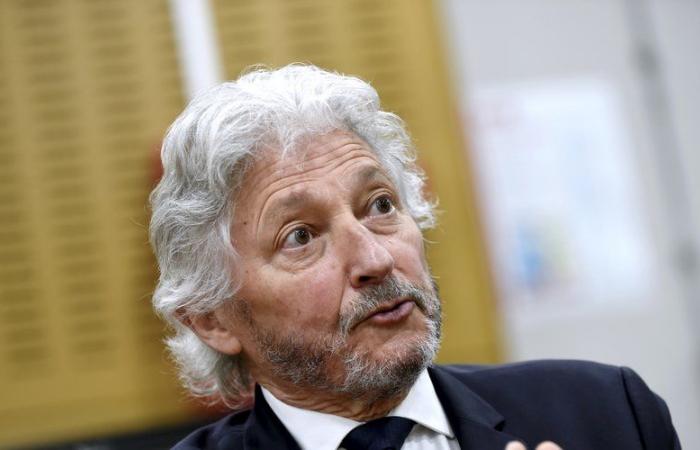Dominique Rousseau, jurist and professor of constitutional law, discusses the Prime Minister's main announcement during his general policy speech delivered on Tuesday.
How do you judge François Bayrou's announcement of “restart” pension reform without suspending or repealing it?
The government can issue decrees implementing the law which would postpone the date of application of an article, or several articles.
But he can't issue a decree that would suspend the entire reform?
No. The law has been passed and only another law can undo what one law has done. This is the first principle. The law was passed in April 2023, implementing decrees were issued in June 2023.
What the government could therefore do is, for example, issue a decree which delays, which differs by a few months, the application of the article of the law which sets the legal retirement age, in order to to enable negotiations.
Are you taking the example of the legal age because it is the major issue on this subject?
This is the pivotal issue, yes. The Prime Minister said that he was putting the law back under construction, without taboos, on all themes.
That is to say that the word suspension was not uttered, but the thing is there, since the government has given the social partners until April to agree on a pension system other than that which is defined by law.
So, it’s a suspension without the word being spoken, because it’s annoying. In the same way that we no longer say blind but visually impaired, here, we do not say suspension, but rethinking of the entire reform. It is a de facto suspension.
However, during which time does the law continue to apply?
The Borne reform continues to apply. So what has been done remains acquired. There is no retroactivity, and, in any case, the next step does not occur before October 1 (with the passage to 62 years and nine months for the 1963 generation, Editor's note).
The law therefore still exists, but as there is a review without totem or taboo, including on the retirement age, as expressed by the Prime Minister, this means that everything can be renegotiated during these three months, including retirement age, by the social partners.
And if they reach an agreement after three months, their agreement will be transformed into law and will therefore take the place of the current law. We are in a situation that could resemble the national interprofessional agreement.
The national inter-professional agreement was negotiated by trade unions and employers' organizations. It was signed by all the employee and employer union organizations, except the CGT, and was then transformed into law. It was in 2006. This is the plan that the government is proposing.






